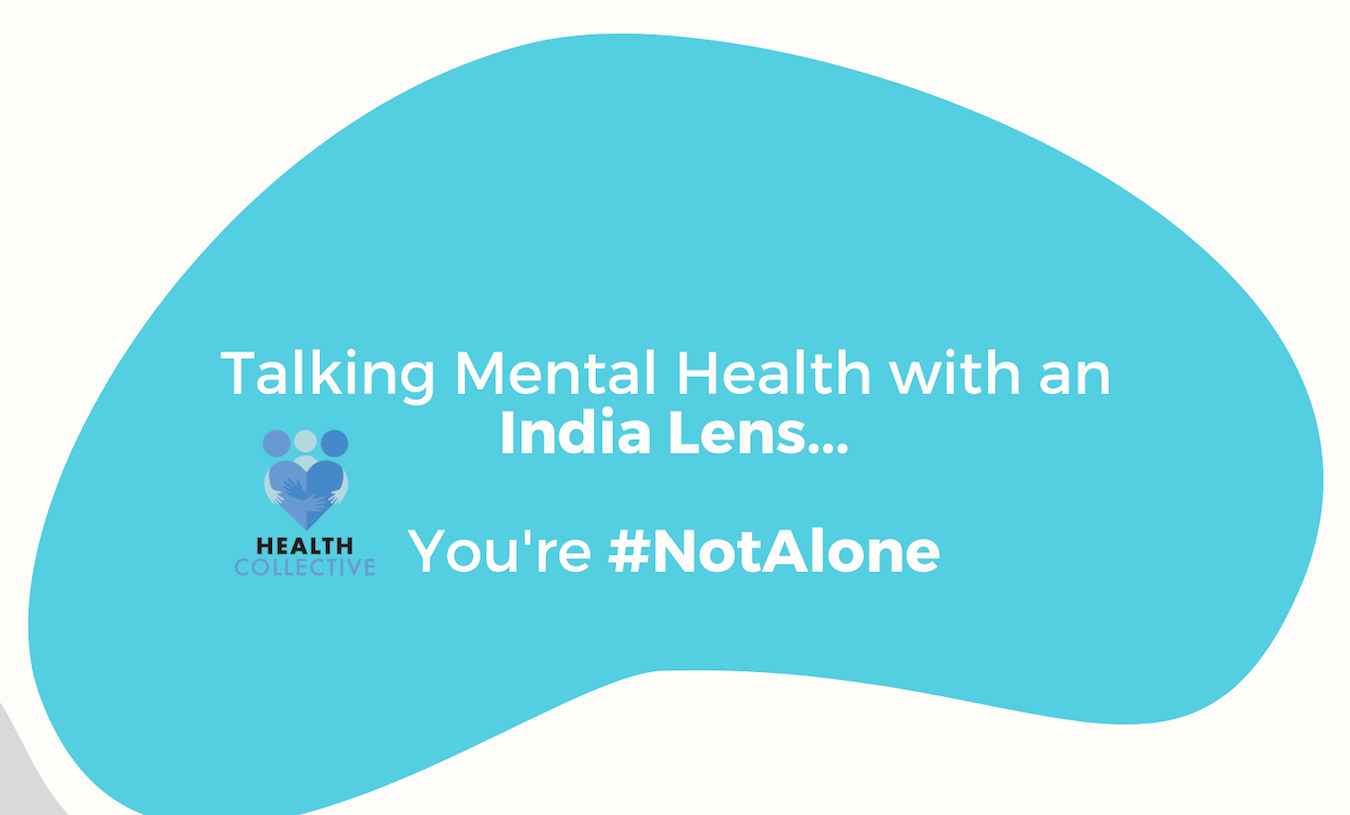Ask the Experts: Understanding Depression
By Meera Haran Alva
Depression in India
According to a World Health Organization World Mental Health (WHO WMH) supported study, approximately 36% of Indians are likely to suffer from major depression at some point in their lives. Don’t you think then, that it’s really crucial for us to address this issue and spread some awareness?
Fortunately, in my 15 years of experience as a psychotherapist in India, I have witnessed a big shift toward greater acceptance and destigmatizing of mental health illnesses. This is also evident in my practice — from struggling to receive referrals a decade ago, I now have a full schedule. On an average about 60% of the individuals that I work with cite depression as one of their core concerns.
So what is depression?
In diagnostic clinical terms depression is defined as a debilitating mood disorder. However, it can manifest itself in many forms. I believe we are all on a mental health continuum at different times in our lives, experiencing varying levels of sadness, existential angst, hopelessness. There are many who live fragile lives and are at the ‘deep end’– filled with complete darkness and despair. There are the ‘undetected many’ who float in the middle – often experiencing a steady underlying sense of sadness; this is a feeling captured well by American comedienne Jessi Klein who joked about “being a little bit sad all of the time”.
Signs to watch out for
The National Health Service (NHS) of the United Kingdom has a comprehensive list of symptoms on their website.
Look out for these symptoms if they persist for weeks or months and are interfering with your work, social life and family life. This list of symptoms provides a sense of how extensively depression can affect an individual’s psycho-emotional, physical and social life. It helps to identify early signs of depression so that you can seek help for it before things get worse. Getting help from family and friends is helpful but receiving professional support, namely psychotherapy, can help get to the root of the issues.
While many of our fears and anxieties may seem irrational, understanding why we may have developed them helps build insight, self-awareness and healthier coping mechanisms. Medication may be helpful in cases where the symptoms are severe and interfere with an individual’s capacity to function on a regular basis.
There are factors that can trigger or predispose people towards depression:
- Family history: Researchers believe as much as 40 percent of those with depression can trace it to a genetic link. Environmental and other factors make up the other 60 percent. Research has also shown that people with parents or siblings who have depression are up to three times more likely to have the condition.
- Big life events can be triggers, leading to what is called ‘reactive depression’. For example this could be the birth of a child, a divorce, death of a loved one, losing your job, or children leaving home.
- Somatic factors: Alcohol and other substance abuse or dependence may also co-exist with depression. Research shows that mood disorders and substance abuse commonly occur together. Depression also may occur with other serious medical illnesses such as heart disease, stroke, cancer, HIV/AIDS, diabetes and Parkinson’s disease.

Depression and anger
Depression is often inverted anger. Sadly, in my recent years of working with young adolescents I have noticed an increase in self-harming behaviour as a way of expressing rage. Anger is a highly misunderstood emotion as it is often seen negatively because of how it is expressed. You can learn to regulate it and use it powerfully to drive, motivate and protect yourself. When not understood, the very same anger that can help you move forward and defend you can hurt and debilitate you.
Hope
Depression is not a personal failure or weakness. It is neither your identity nor your personality. You can call it a condition, an illness, or symptoms or feelings that you experience. Acceptance of depression is the first step on the road to recovery. There is always hope. Reach out for help and do not hesitate to access mental health services.
You are not alone.
Meera Haran Alva is a consultant psychologist and psychotherapist with 15 years of experience, based in Bangalore. She works with children and families as a consultant psychologist at Stonehill International School, Bangalore and also has an independent practice for adults. She is a strong advocate for mental health issues and child protection rights.
You can find more information here, including where to book an appointment.




